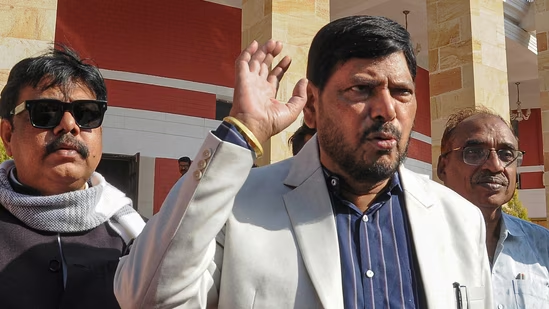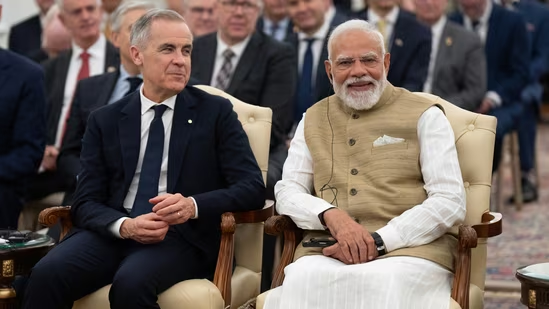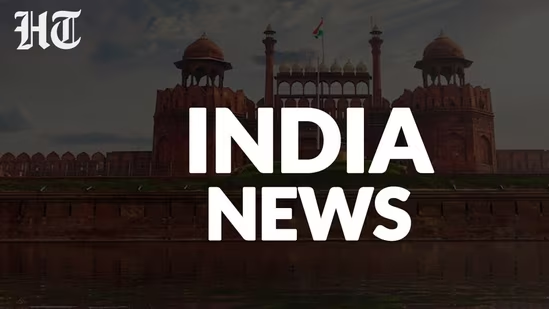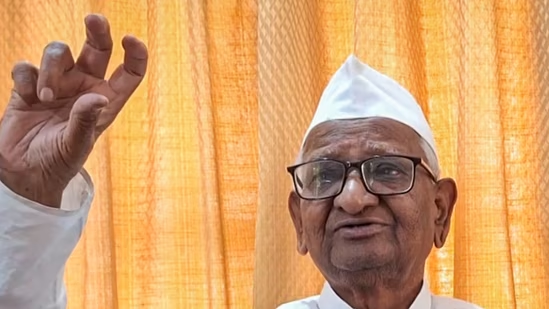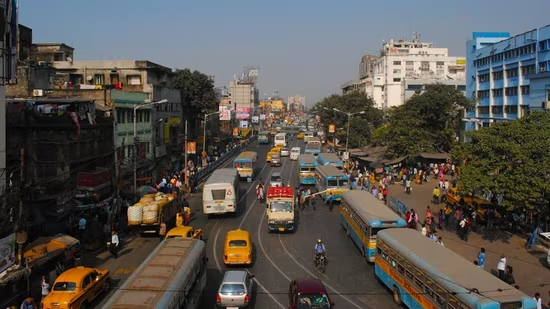Kashmir stands at a critical crossroads, with the recent assembly polls marking what may be its final opportunity to regain the autonomy it once enjoyed under Article 370 of the Indian Constitution.
Despite this potential, the primary political parties in the region seem to be squandering their chance. As tensions rise and political strategies unfold, it is crucial to examine the current situation, the historical context of Kashmir’s autonomy, and the steps that must be taken to ensure the preservation of its unique cultural identity.
Understanding the Stakes: The Impact of Article 370
Article 370 granted special status to Jammu and Kashmir, allowing for a degree of autonomy that distinguished it from other Indian states. This provision was crucial for maintaining the region’s unique identity, characterized by a blend of cultures and religions. However, following the revocation of Article 370 in August 2019, Kashmir has faced significant political and social upheaval. The BJP’s strategic maneuvers in this context have sparked concerns about the erosion of democratic values and the rise of authoritarianism.
The BJP’s Strategy: Fragmenting the Kashmiri Vote
The Bharatiya Janata Party (BJP) has long been aware of its limited support in Kashmir, relying instead on a stronghold in Jammu. With the assembly having 90 seats, the BJP’s strategy appears focused on fragmenting the Kashmiri vote. By securing a block of seats in Jammu, they aim to position themselves as the largest party, despite their weak foothold in the valley. This tactic not only undermines the democratic process but threatens the very essence of Kashmiriyat—a unique cultural identity built on pluralism and coexistence.
The Risks of Political Division
If the BJP successfully fractures the Kashmiri vote, it risks enabling a government that may prioritize administrative efficiency over democratic accountability. Such a scenario could lead to the further marginalization of Kashmiris, allowing the BJP to consolidate power unchecked for five years. The potential ramifications of this could be dire, rekindling tensions and possibly reigniting armed conflict in the region.
Historical Context: A Legacy of Autonomy
The historical struggle for Kashmir’s autonomy is rooted in its complex relationship with India. The Instrument of Accession signed in 1947 provided for certain safeguards to protect the region’s unique identity. Article 370 was a reflection of these protections, but its revocation has raised alarms about the loss of cultural and political representation.
Kashmiriyat: A Cultural Mosaic
Kashmiriyat is more than a cultural identity; it embodies the syncretism of Islam, Hinduism, and Sikhism that has defined the region for centuries. The safeguarding of this identity was a fundamental reason why leaders like Sheikh Abdullah resisted full accession to India without necessary protections. If political fragmentation continues, the very fabric of Kashmiriyat could unravel, leading to societal discord.
The Role of Political Parties: A Missed Opportunity
The main political parties in Kashmir—the National Conference (NC), Congress, and the People’s Democratic Party (PDP)—have not only failed to unite but have often been at odds with one another. The absence of a cohesive strategy to counter the BJP’s fragmentation tactics underscores a profound political naiveté. For instance, while Mehbooba Mufti of the PDP has advocated for collaboration, the NC and Congress have not reciprocated effectively.
The Need for a Unified Front
In light of the challenges presented by the BJP, it is imperative for these parties to come together to form a united front. This coalition should focus on a common platform that emphasizes the restoration of Kashmir’s cultural autonomy and the release of political prisoners. History has shown that reconciliation is possible, as evidenced by the successful agreements in other conflict-ridden regions globally.
A Call for Active Engagement
The Kashmiri intelligentsia is aware of the precarious situation but has been rendered largely powerless by the inaction of political leadership. Citizens must advocate for their rights actively and hold their leaders accountable. Public engagement is crucial in safeguarding democratic values and cultural identity in the face of political turmoil.
The Importance of Grassroots Mobilization
Engaging local communities in political discourse can lead to a stronger, more informed electorate. Grassroots movements can galvanize support for coalition-building efforts and challenge the narrative imposed by external forces. The involvement of civil society organizations can further amplify voices that are often marginalized in mainstream politics.
Conclusion
Kashmir’s journey toward reclaiming its autonomy is fraught with challenges, but it is not insurmountable. The time for action is now. By forming coalitions and embracing the principles of Kashmiriyat, political leaders can work toward restoring a sense of identity and agency for the people of the region. The current political landscape demands unity and active engagement from all stakeholders to ensure that the rich tapestry of Kashmiri culture is preserved for future generations.
As we reflect on the importance of autonomy, let us remain vigilant and committed to fostering a democratic environment that prioritizes the voices of the people. Only through collective action can Kashmir hope to navigate the complexities of its political reality and emerge resilient.








